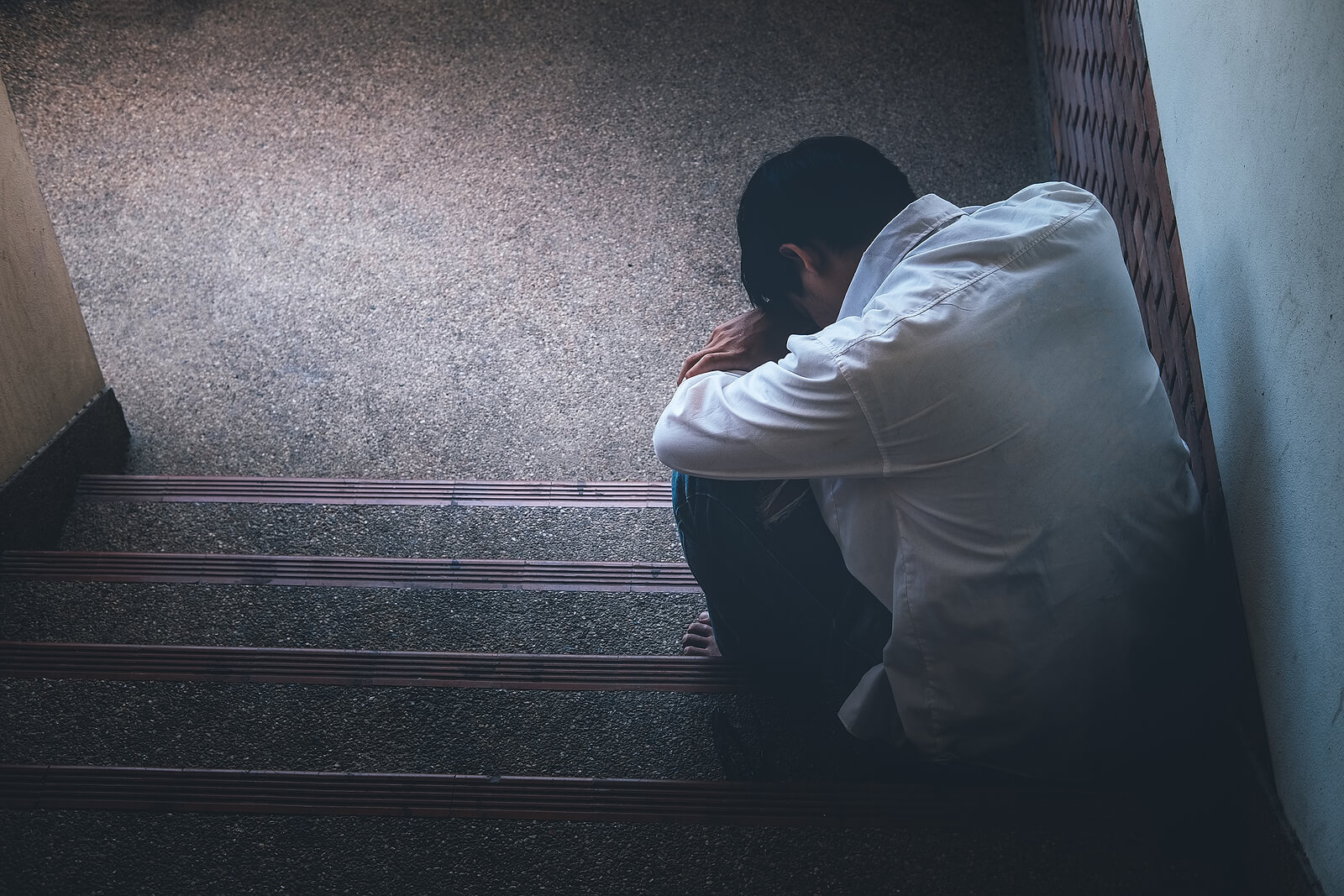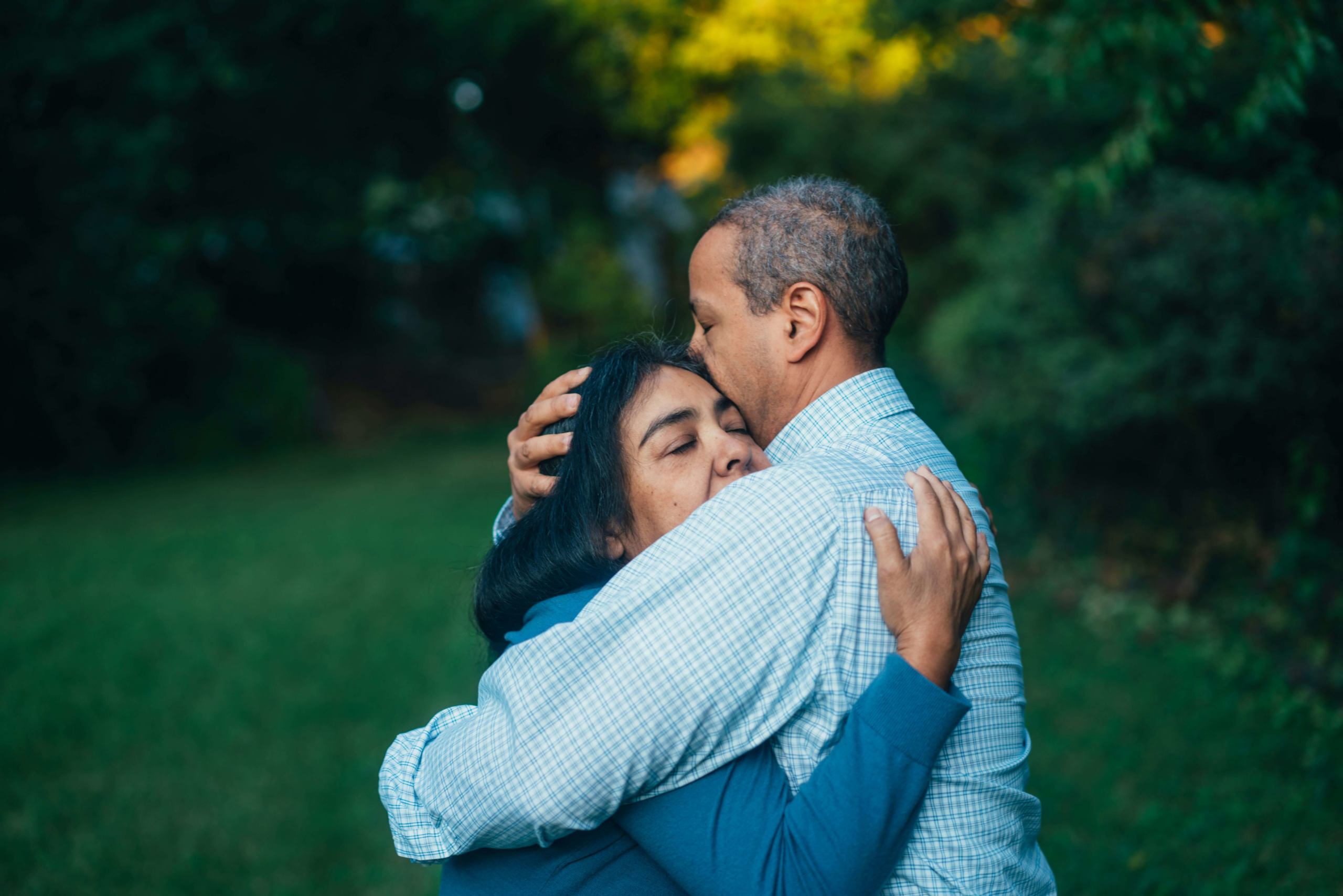Relational trauma is a profound and intricate issue that can have lasting effects on an individual’s emotional and psychological well-being. As a therapist specializing in trauma and relationships, I have witnessed the immense challenges that survivors of relational trauma face. However, I have also had the privilege of witnessing their resilience and capacity for healing. In this blog post, I will share insights on healing from relational trauma, offering hope and guidance to those on this courageous journey.
Understanding Relational Trauma
Relational trauma is an umbrella term for any re-occurring trauma that happens within a relationship. Most trauma is relational trauma. It can stem from a one-on-one relationship, relationships within families, intimate partnerships, friendships, or our relationship with the world we live in. Relational trauma can have a deep impact on a person’s sense of self, their ability to trust others, and their capacity for healthy relationships.
The Experience of Relational Trauma
I like the way Gretchen Schmelzer, trauma expert, refers to the three separate aspects of the experience of relational trauma. The first aspect is the actual trauma that happened – the repeated exposure to threat and harm. The second aspect is what our brain and nervous system do to endure the trauma – the protective defense system we build to be able to function. Third is what she calls what didn’t happen – the natural growth and development that helps you learn how to navigate relationships and the world with hope and confidence. She says, “Relational trauma is about both what happened and what didn’t happen.” The what didn’t happen, natural developmental growth, is key and central to healing. It is never too late to address the traumas that did happen so that you can be on the path of growth, once again.
You Can Heal: Change is Possible
Healing from relational trauma is a deeply personal and unique journey. I can help you heal. The field of neuroscience explains why healing is possible. Neuroscience arms us with the knowledge that change is possible. The old saying people don’t change has simply been proven wrong. Not only can we change, we are wired to do so. The brain can grow new neural networks and your nervous system can recalibrate. Recovery is possible. This new research goes a long way to destigmatizing the psychological effects of trauma and plays a big role in the healing process. With science-backed confidence, we can now approach treatment from a holistic perspective that considers the mind, body, and spirit connection. Psychoeducation about the impact of trauma on both your psyche and nervous system sets the stage for the profound and deep work necessary for true healing.
Knowledge about what happened to you decreases the shame, empowers you, and helps you form a new understanding of your trauma. This creates space for growth to begin again. While we cannot take the trauma away, we can work together to help you recover and thrive. Psychotherapy can help you move from a state of hopelessness to a state of hope. It can help you move from a place of anxiety and fear to a place of safety and empowerment. You can begin to navigate life and relationships with confidence and begin to move forward toward that life you imagine.
Lysle Shaw Psychotherapy’s Approach to Healing Relational Trauma
My approach is non-pathologizing, meaning I do not consider the impact of trauma as a disease or disorder. I view the impact of trauma as your system’s capacity to adapt, cope, and survive until you find a safe space to go deep and process your trauma. Why depth work? Depth work gets to the root of the trauma. It is essential for lasting change. Combined with some key and simple knowledge of neuroscience and other modalities as needed, it is the core of the healing process. Here are some key aspects of the therapeutic process in healing from relational trauma:
Safety and Trust
Creating a safe and trusting therapeutic relationship is paramount. Survivors of relational trauma may have experienced profound breaches of trust. Establishing a secure therapeutic space is essential for the healing process.
Validation and Empathy
It is crucial to validate your experience and provide empathetic support. Feeling heard and understood is a powerful step towards healing.
Understanding Triggers
Relational trauma often leads to emotional triggers that can reawaken painful memories and emotions. As an experienced trauma therapist, I can help you identify and understand these triggers so you can respond more effectively.
Processing Emotions
You may have suppressed or numbed your emotions as a way to cope. Therapy provides a safe environment to process these emotions and regain healthy emotional regulation.
Reframing Beliefs
Trauma can distort one’s beliefs about themselves and the world. I assist clients in challenging and reframing these negative beliefs, fostering greater self-compassion and self-worth.
Attachment Work
Relational trauma is often rooted in disrupted or unhealthy attachment dynamics. We will explore your attachment patterns, allowing for more secure and fulfilling relationships.
Building Resilience: A Crucial Step in the Healing Process
Healing from relational trauma is not about erasing the past but learning to live with it in a way that no longer controls your present and future. Here are some insights into building resilience:
Self-Care
Practicing self-care is essential. This includes physical self-care (nutrition, exercise, sleep), emotional self-care (mindfulness, stress reduction), and psychological self-care (setting boundaries, seeking support).
Establishing Boundaries
Learning to set and maintain healthy boundaries is crucial in preventing re-traumatization. We will work together to set goals and develop boundaries.
Connecting with Support
Engaging with a support network, whether friends, family, or support groups can provide invaluable emotional support and validation. As you begin to feel safe and process your experience you will gain confidence in your ability to be in relation with others.
Begin Healing your Relational Trauma with Individual Therapy in Texas
Healing from relational trauma is a journey that requires courage, patience, and professional support. It is a process of reclaiming one’s sense of self and rebuilding the capacity for healthy relationships. While the journey may be challenging, the transformation and healing that can result are truly remarkable.
If you have experienced relational trauma, know that you are not alone. As a relationship therapist, I can help you reclaim your life and rediscover your inner strength. Remember that healing is possible, and you have the resilience within you to overcome the scars of the past and embrace a healthier, more fulfilling future. To begin individual therapy for relationship issues with Lysle Shaw Psychotherapy follow the steps below:
- Reach out for a free consultation
- Live a healthier life today!
Other Therapy Services Offered at Lysle Shaw Psychotherapy in Austin, Houston, and throughout Texas
Lysle Shaw Psychotherapy offers more than just individual therapy to improve your relationships. I offer a variety of specialties including trauma therapy, walk and talk therapy, Jungian dreamwork, and online therapy. Reach out today to take the first step towards a healthier life and future.

Recent Posts
Can You Heal From Relational Trauma? Part 1
Absolutely, you can heal from relational trauma! In this series of blog posts, I'm excited to introduce you to Gretchen Schmelzer’s Trail Guide to the 5-Phase Cycle of Healing Repeated Trauma. Gretchen, a psychologist, trauma [...]
Relationships Matter! Insights from an Online Relational Therapist in Houston, TX
Spring is upon us and here in Houston, Texas, it's likely to phase into summer heat soon. We happily got a cool snap this week and I found myself able to do my runs under [...]
Can You Recover from Religious and Spiritual Trauma? Exploring With Online Trauma Therapy in Austin, TX
A Brief Look at Trauma Before we look at religious and spiritual trauma let’s look at a brief definition of trauma. Trauma is any event that overwhelms a person’s ability to cope with it. This [...]






